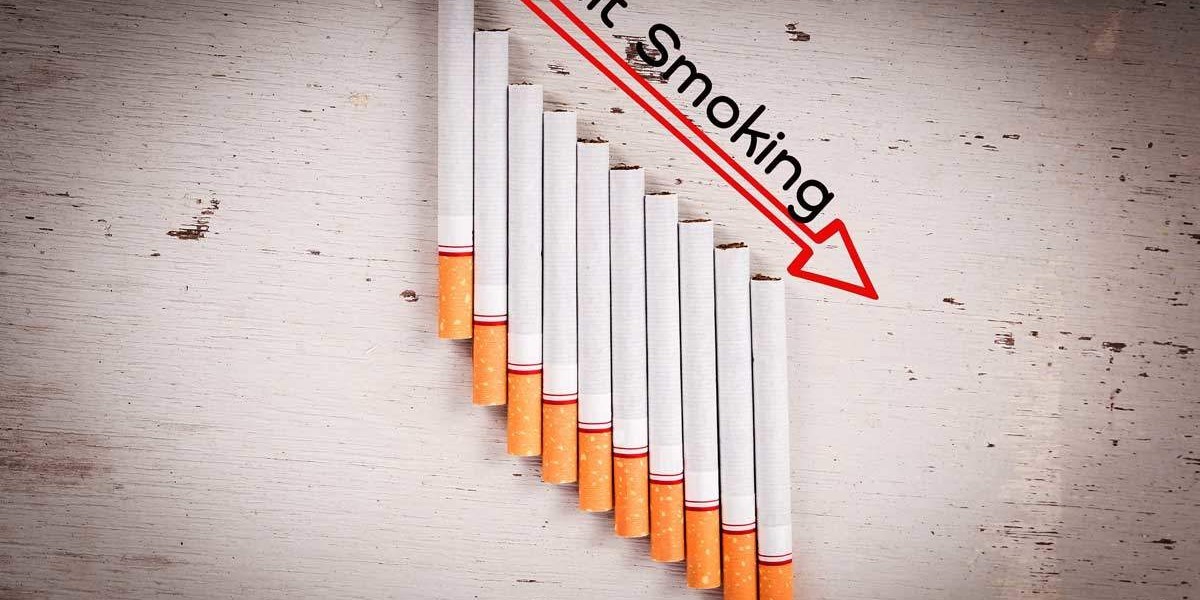Original air date: May 4, 2017 1:00 – 2:30 p.m.
Watch the recording here.
Studies show that people with behavioral health conditions (mental and/or substance use disorders) are more likely to smoke than those who do not. In addition, smoking cessation may improve behavioral health conditions. Behavioral health professionals play an important role in screening for tobacco use and helping patients to quit.
This 90-minute webinar is designed to inform behavioral healthcare providers about the intersection of smoking and behavioral health concerns, the importance of screening and assessing patients for tobacco use, and an understanding of cessation treatment approaches. Approaches and perspectives will be provided by a medical doctor, social worker, psychologist, and a patient.
The objectives of this webinar are to:
- Understand the prevalence of smoking in behavioral health populations.
- Learn myths and benefits regarding tobacco use cessation in behavioral health populations.
- Become familiar with examples of evidence-based cessation treatment approaches for behavioral health populations
Presenters:
Erik Augustson, PhD holds his doctorate in Clinical Psychology with post-doctoral training in Behavioral Medicine and Cancer Prevention, and an MPH with a focus in Epidemiology. Since 2001, he has worked within the Tobacco Control Research Branch at the National Cancer Institute where he is a Behavioral Scientist and Health Science Administrator. For more than a decade Dr. Augustson has worked on eHealth/mHealth interventions, and serves as the Director of the Smokefree.gov Initiative which has grown to encompass 6 websites, 12 text message programs, 2 smartphone apps, and multiple social media platforms. 3-6 million smokers interact with Smokefree.gov resources annually.
Dr. Anita Smith Everett is the Chief Medical Officer at the Substance Abuse and Mental Health Services Administration (SAMHSA). The OCMO is positioned within SAMHSA to facilitate the development of policy, practice and programs that comport with best practices and current trends in contemporary health care. Dr. Everett comes to SAMHSA with long term experience in the delivery and leadership of psychiatric services. She has received the Patrick Henry award for outspoken advocacy in Virginia and has received special form the American Psychiatric Association commendation for outstanding leadership in healthcare reform. She has been a respected leader of community behavioral health services at Johns Hopkins in Maryland and at Valley Community Services Board in Virginia.
Doug Tipperman, MSW is the Tobacco Policy Liaison for the Substance Abuse and Mental Health Services Administration (SAMHSA). He coordinates SAMHSA’s Tobacco-Free Campaign, which focuses on reducing tobacco use by persons with mental health or substance use disorders. In addition, Doug serves on the U.S. Department of Health and Human Services’ Tobacco Control Steering Committee. Before his federal government service, he worked extensively at the state and local level to promote public policies that reduce tobacco use. He has helped lead several successful policy change efforts including Maryland’s Clean Indoor Air Law, which succeeded in making all Maryland restaurants and bars smoke-free.
Rebecca is a 57 year old patient who struggled with depression. She started smoking cigarettes as a teenager, and lived among a family of heavy smokers. Rebecca thought smoking might help her cope with her feelings, but it led to her feeling more depressed. When her grandson was born, Rebecca decided to quit smoking. She committed herself to a healthier lifestyle – mentally and physically. Now Rebecca runs 5Ks and feels encouraged by the positive changes and progress she’s made since quitting.
